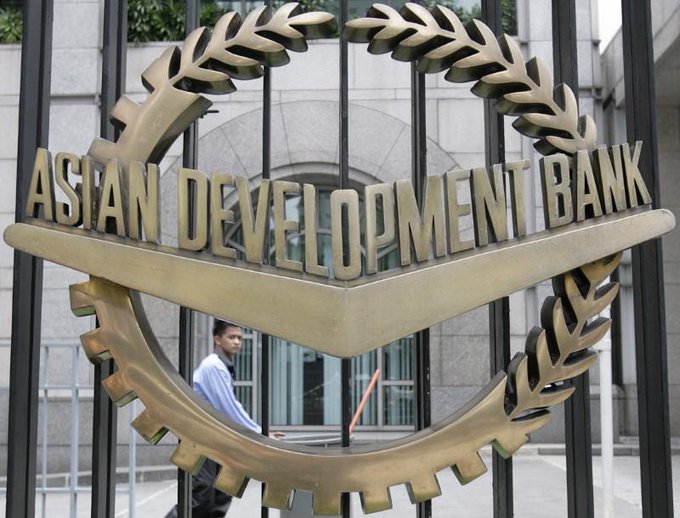ADB Endorses New 5-Year Partnership Strategy for Indonesia
The Asian Development Bank (ADB) has endorsed its 2020–2024 country partnership strategy for Indonesia, which aims to apply the full range of financing support and solutions through ADB’s sovereign and private sector operations along with its technical know-how to catalyze investments, support sustainable development, and help Indonesia emerge stronger from the coronavirus disease (COVID-19) pandemic.
Under the new 5-year strategy, ADB’s operations will support Indonesia’s inclusive economic development by focusing on people’s well-being, economic competitiveness, and the environment, while helping build resilience to climate and disaster risks. ADB will assist in Indonesia’s sustainable economic development, including the recovery from the pandemic, with a combination of knowledge, technical, and financial support. ADB will help the country strengthen health care, expand social protection, improve education quality, and develop job skills. ADB will also focus on helping Indonesia tackle climate change and strengthen its resilience to natural disasters and pandemics.
“The new country partnership strategy reflects ADB’s strong commitment to helping Indonesia boost human development, improve economic competitiveness, and address disaster risks and environmental sustainability amid heightened economic uncertainty and rising global threats such as climate change,” said ADB President Masatsugu Asakawa. “The strategy provides a flexible and agile framework for ADB to help Indonesia incorporate green recovery and other sustainable development options, while strengthening domestic resource mobilization to support the recovery efforts.”
The strategy is in line with Indonesia’s National Medium-Term Development Plan (2020–2024) and the United Nations’ Sustainable Development Goals, as well as ADB’s corporate strategy, Strategy 2030.
“We greatly appreciate ADB’s strong support to Indonesia over the years, especially the speed of ADB’s response and its close and active engagement with the government during the COVID-19 pandemic,” said Indonesian Finance Minister Sri Mulyani Indrawati. “The partnership strategy positions ADB as a key partner with innovative solutions to complex development challenges. We welcome ADB’s focus on inclusive, competitive, and sustainable development.”
Indonesia’s economy is the largest in Southeast Asia and the seventh-largest in the world based on purchasing power. The country had reduced poverty by more than half, to 9.2% of the national poverty line in 2019 from 23.4% in 1999, but the progress risks being reversed due to the adverse impacts of the COVID-19 pandemic.
Under the strategy, ADB’s sovereign lending to Indonesia is expected to reach $10.7 billion from 2020–2023. ADB’s country operations will seek to mobilize cofinancing from development partners and investments from the private sector to help the government better respond to increased demand for financial support amid the COVID-19 pandemic. For example, ADB will help Indonesia attract more private investments in infrastructure by promoting public-private partnerships. It will support Indonesia’s Sustainable Development Goals by designing innovative financing options to reduce the risk of green infrastructure projects and help catalyze private sector investments.
ADB will support the government’s policy reforms in human capital development, financial inclusion, business competitiveness, state-owned enterprises, and clean energy. ADB operations will seek to advance gender equality in Indonesia by helping increase women’s access to formal banking, strengthen female graduates’ job skills, and boost their participation in rural enterprises, as well as improving vulnerable women’s access to social services.
ADB-financed projects will promote the application of technology to maximize development results. For example, ADB will use big data analytics, financial technologies, satellite technology for flood mapping and urban development, smart grids and meters, geothermal, waste-to-energy, and remote-sensing systems to improve survey and planning processes for the operation and maintenance of assets.
ADB’s country program will support Indonesia’s participation in regional cooperation and its contribution to the development of regional public goods. That includes international tax cooperation, trilateral cooperation with the Pacific island countries on ocean health, partnership on reducing environmental pollution from plastic waste, and the development of border towns to reduce regional disparities.
ADB is committed to achieving a prosperous, inclusive, resilient, and sustainable Asia and the Pacific, while sustaining its efforts to eradicate extreme poverty. Established in 1966, it is owned by 68 members—49 from the region.

